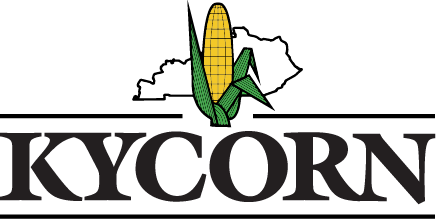Provides Producers with Marketing Flexibilities Amid COVID-19 Uncertainties
(USDA, April 9, 2020) Agricultural producers now have more time to repay Marketing Assistance Loans (MAL) as part of the U.S. Department of Agriculture’s implementation of the Coronavirus Aid, Relief, and Economic Security (CARES) Act of 2020. The loans now mature at 12 months rather than nine, and this flexibility is available for most commodities.
“Spring is the season when most producers have the biggest need for capital, and many may have or are considering putting commodities under loan. Extending the commodity loan maturity affords farmers more time to market their commodity and repay their loan at a later time,” said U.S. Secretary of Agriculture Sonny Perdue. “We are extremely pleased that USDA can offer these marketing flexibilities at this critical time for the agriculture industry and the nation.”
Effective immediately, producers of eligible commodities now have up to 12 months to repay their commodity loans. The maturity extension applies to nonrecourse loans for crop years 2018, 2019 and 2020. Eligible open loans must in good standing with a maturity date of March 31, 2020, or later or new crop year (2019 or 2020) loans requested by September 30, 2020. All new loans requested by September 30, 2020, will have a maturity date 12 months following the date of approval.
The maturity extension for current, active loans will be automatically extended an additional 3 months. Loans that matured March 31 have already been automatically extended by USDA’s Farm Service Agency (FSA). Producers who prefer a nine-month loan will need to contact their local FSA county office. Loans requested after September 30, 2020, will have a term of nine months.
Eligible commodities include barley, chickpeas (small and large), corn, cotton (upland and extra-long staple), dry peas, grain sorghum, honey, lentils, mohair, oats, peanuts, rice (long and medium grain), soybeans, unshorn pelts, wheat, wool (graded and nongraded); and other oilseeds, including canola, crambe, flaxseed, mustard seed, rapeseed, safflower, sunflower seed, and sesame seed. Seed cotton and sugar are not eligible.
The Coronavirus Aid, Relief, and Economic Security (CARES) Act
-
Allocated $350 billion to help small businesses keep workers employed.
-
Includes self-employed and independent contractors.
-
Paycheck Production Program (PPP) provides 100% federally guaranteed loans.
-
Loans may be forgiven if borrowers maintain their payrolls during the crisis or restore their payrolls afterward.
-
Guidelines about the program are available here.

